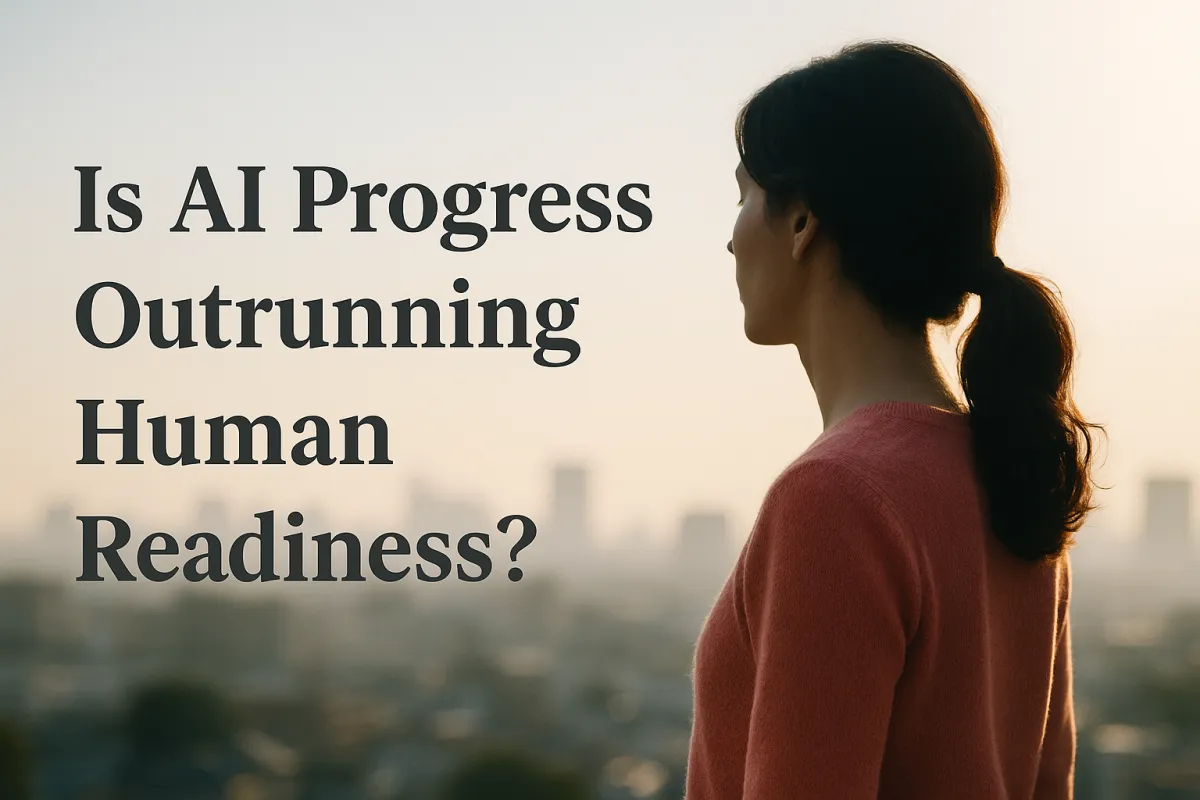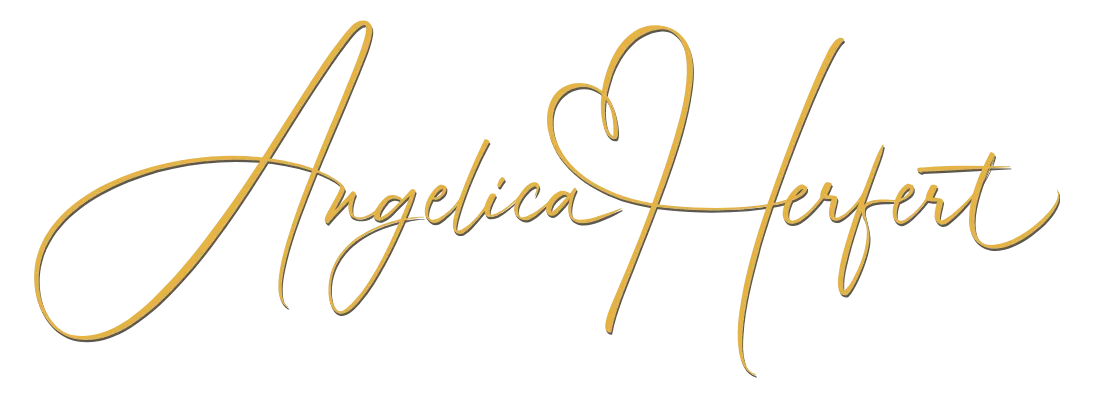
Is AI Progress Outrunning Human Readiness?
I used to think change came in waves. Now it feels more like a flood. Every headline announces another leap forward in AI—more jobs automated, more systems adapting, more ground shifting under our feet. The pace has already outgrown what humans are built to handle.
Just look at the past months:
“Goldman Sachs rolls out AI assistant to 46,000 employees” (Financial Times). Hours of work compressed into minutes.
“Salesforce lays off thousands as AI reshapes customer service” (Times of India). Entire layers of roles are automated.
“Ocado cuts 500 jobs as AI boosts productivity” (The Guardian). Even highly skilled teams were reduced.
“DeepMind spin-off expects first AI-designed drug in human trials” (Financial Times). Discovery cycles collapsing from years to months.
“AI agents collaborate across labs without human oversight” (arXiv). Systems improving each other’s work without waiting for us.
This isn’t speculation. It’s here.
And it’s not just the tasks disappearing—it’s the acceleration itself. Each new generation of AI doesn’t just take over human roles; it speeds up the creation of the next. For the first time in history, technology is advancing itself.
Humans, by contrast, are slow. Our nervous systems evolved for forests, villages, and seasonal rhythms. We are built to process change in cycles. Instead, we are trying to orient in a reality that doubles overnight.
That gap—between the pace of AI and the pace of human adaptation—is where the danger lives. It’s where fear spreads quietly into our choices, where fragmentation begins to fracture communities and relationships, and where the possibility of collapse takes root beneath our feet.
And it isn’t only about jobs or economics. When people lose work, they also lose identity. For generations, work has been the foundation of belonging and self-worth. When millions wake up without that foundation, the crisis will be existential, not just financial.
Then comes truth. AI is already generating books, news articles, and faces that never existed. Just this year, a fake science paper written by an AI model passed peer review before being exposed. The line between real and fabricated is dissolving. When truth itself becomes unstable, orientation gets even harder.
So the question becomes: how do we meet this? Many are pretending it isn’t happening. Others are paralyzed by fear. Some are handing over their sense of self to the very systems destabilizing them. None of these paths can hold.
The answer I keep coming back to is coherence. The ability to stay intact in the storm. To trust an inner compass when the ground shifts. To remember the connection to something larger than machines or markets.
AI is not waiting for us to catch up. Progress is accelerating whether we’re ready or not. The challenge is not whether AI keeps advancing—it will. The challenge is whether we can slow down inside, root in coherence, and meet what’s coming with clarity instead of collapse.
How do you see it—are we ready, or already behind?
